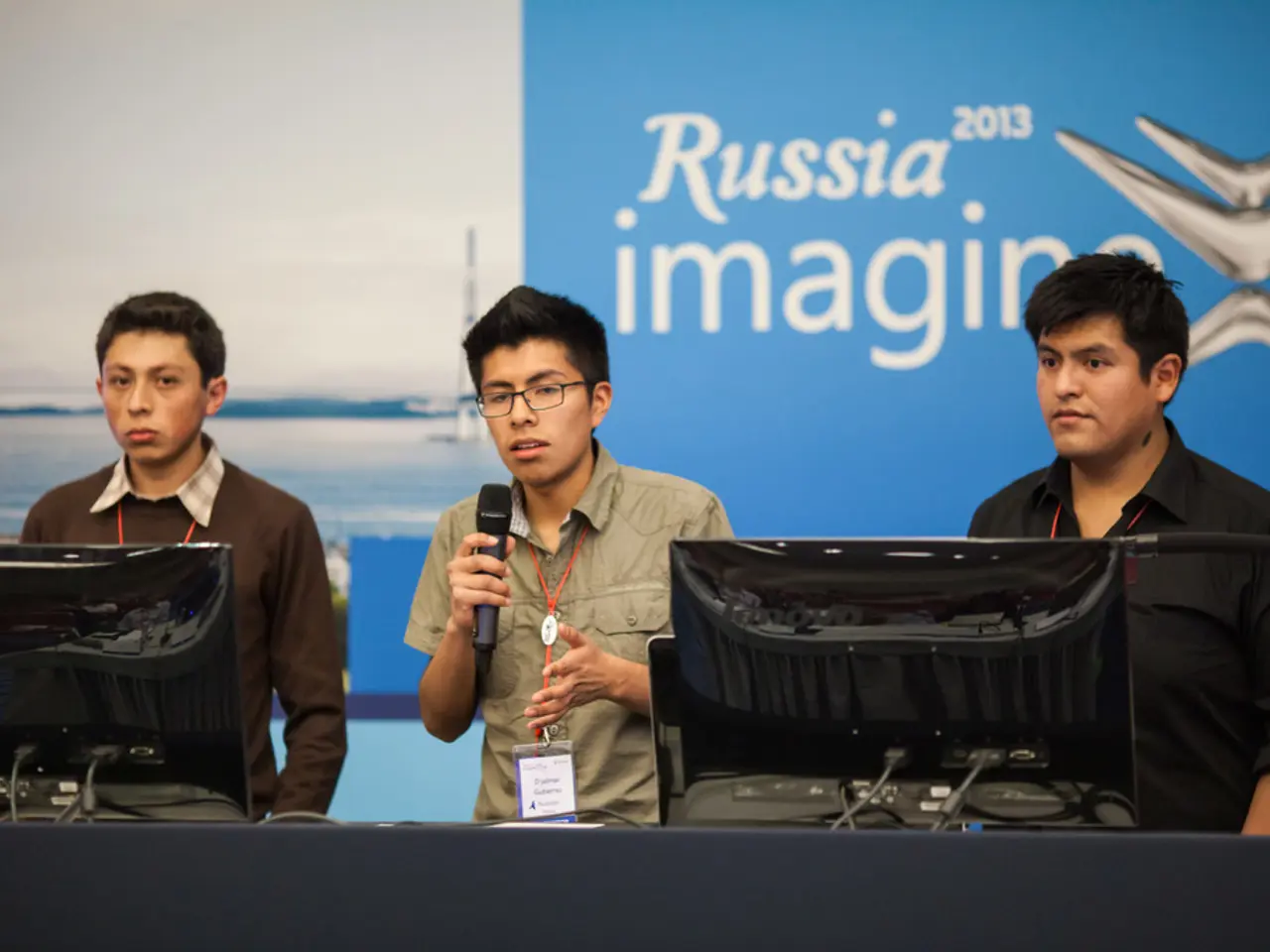Japan aims to boost Africa's meager 1% share of global AI expertise
In a significant move to bolster Africa's AI sector, the Japan International Cooperation Agency (JICA) has announced a partnership with several African academic institutions and research centres. This collaboration aims to develop 'centres of excellence' that will focus on AI-training curricula, impactful research, and the training of the next generation of AI professionals.
JICA's goal is to expand to many different universities at various levels of engagement, with the aim of reaching a wide range of institutions across the continent. This partnership is part of JICA's broader strategy to address Africa's pressing need for skilled professionals in the AI sector, a need that is critical for infrastructure development and the advancement of AI research.
Currently, only 5% of Africa's AI talent has access to the computational power and resources needed for complex research tasks. Africa holds just 1% of global AI talent, and Sub-Saharan Africa produces 0.02% of the granted AI patents in the world. These statistics underscore the need for initiatives like JICA's, which aims to build a deep AI talent pool by supporting African universities and regional research networks.
JICA's plan also seeks to expand bilateral cooperation with Japanese firms through internships, exchanges, and joint academic programs. This collaboration is designed to align African demand-driven innovation with Japanese technical expertise, positioning Japan differently in the global AI landscape.
The Japanese government has pledged to help develop 30,000 AI industry personnel in Africa over the next three years. This talent development program could help address Japan's growing shortfall of IT professionals by 2030, while simultaneously boosting Africa's AI capabilities.
Africa's AI market is projected to reach $16 billion within five years, making it an attractive investment opportunity. However, Africa's AI progress is often hindered by the lack of infrastructure, with the continent having less than 1% of global data center capacity despite a growing population. JICA's efforts aim to promote stronger exchange and innovation opportunities between Africa and Japan, and to foster a stronger startup ecosystem on the continent.
JICA is partnering with several African academic institutions, including AIMS, University of Nairobi, Stellenbosch University, Mohammed VI Polytechnic, and the University of Tokyo's Matsuo-Iwasawa Lab. This partnership is not limited to Japan, as JICA is also looking to coordinate efforts with other global players interested in Africa's AI space, including Germany, Canada, the United Kingdom, Sweden, the Gates Foundation, and Google.
Africa is urging greater collaboration among African nations to address structural gaps that could slow the continent's AI progress. This collaboration is seen as a step towards fostering a more innovative and competitive AI landscape in Africa, one that can contribute to global breakthroughs in foundational AI research and move beyond applied solutions to local challenges.
Read also:
- Comprehensive Cancer Care Strategy Encompassed by Siemens Healthineers Entirely
- Understanding Visual Communication's Role and Its Significance
- Strategies to Minimize App Shopping Cart Abandonment: 12 Tried-and-True Methods to Secure the Purchase
- Simplifying English for Daily Use with Modern Devices and Accessories








